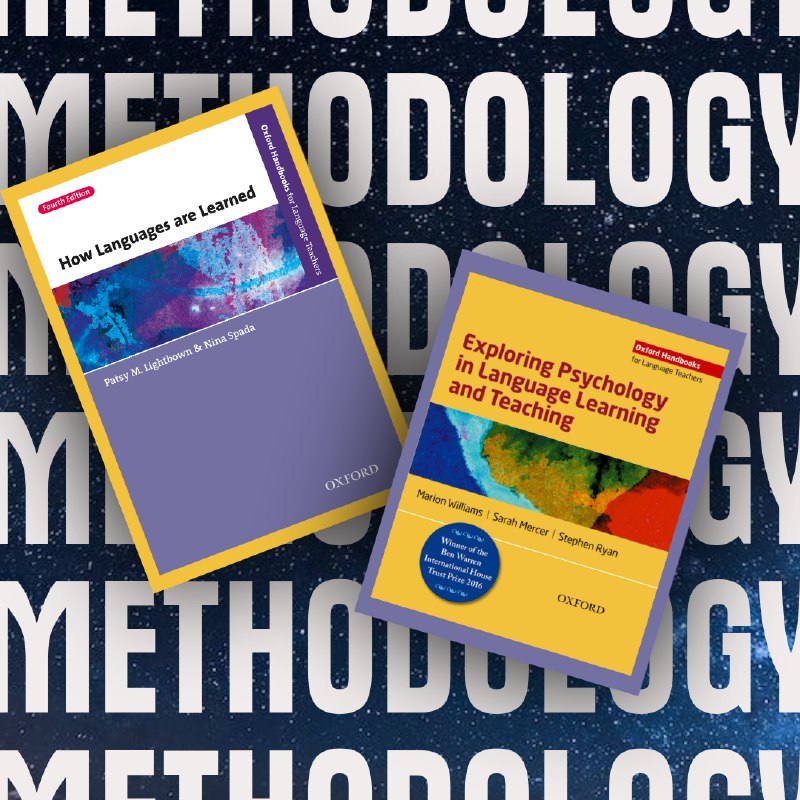group-telegram.com/random_musing_s/496
Last Update:
A teacher who hates methodological books yet preaches methodology to anyone who might listen…
Ok, I am going far here, really far. The title is clickbait, guilty as charged. I like methodological books as much as any teacher. However, I have to confess that I don’t really have a favourite. They are a means to an end. Moreover, I learn better from people.
But I do have some that I like quite a lot more than books about teaching systems and skills. Only now do I realize that I’ve read both in book clubs and that is one of the reasons I like them so much.
🌔 How Language are Learnt by P. M. Lightbown and N. Spada. It’s a really engaging read about how we learn languages (dah!). I really loved the last chapter about error correction, it made me think a lot (my brain hurt).
🌖 Psychology in Language Learning and Teaching by M. Williams, S. Mercer, S. Ryan. This one is a treasure trove for teachers who want to understand their students and the students’ motives us much as possible. This book changed my teaching style a little bit, but it had a much greater impact as well – it made me understand why I am doing what I am doing in the way I am doing it (if that makes sense).
Both books are in the comments if you’d like to read them.
A huge thanks to @infoasis for such an inspiring topic! BTW, I am participating in their challenge, and so far the questions have been really fun to write about.
Would you recommend any books?
Yours,
Yulia 💙
P.S. I am going to post the above mentioned turkey song WS tomorrow, so stay tuned.
BY A Random EFL Teacher Muses

Share with your friend now:
group-telegram.com/random_musing_s/496
